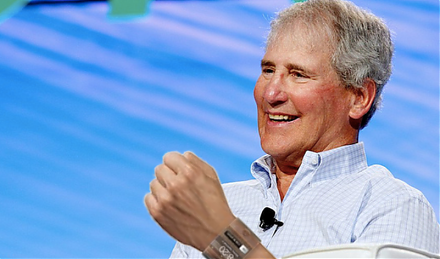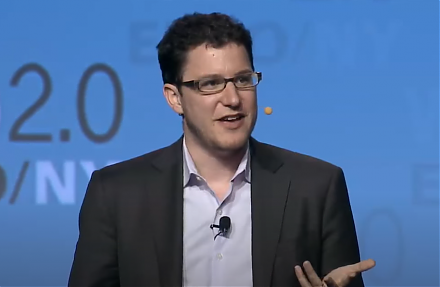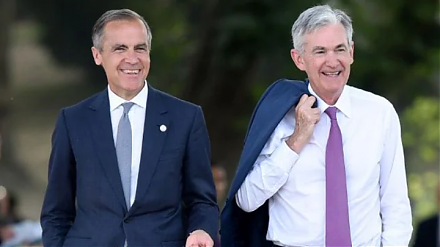

2019-06-11 12:33:00 Tue ET
federal reserve monetary policy treasury dollar employment inflation interest rate exchange rate macrofinance recession systemic risk economic growth central bank fomc greenback forward guidance euro capital global financial cycle credit cycle yield curve
Dallas Federal Reserve Bank President Robert Kaplan expects the U.S. economy to grow at 2.2%-2.5% in 2019-2020 as inflation rises a bit. In an interview with Fox Business Network, Kaplan indicates that it might be too soon to gauge the ripple effects of U.S. tariffs on core Chinese and European imports, dollar gyrations, and inflationary concerns.
As the Federal Reserve remains patient on the next monetary policy adjustments, credible central bank communication can help circumvent financial imbalances in the U.S. real economy. Meanwhile, the Sino-American trade tension intensifies, so many stock market analysts now consider low inflation to be transitory. As Federal Reserve balance sheet shrinkage continues, some stock market analysts expect this balance sheet strategy to halt in light of higher U.S. Treasury bond yields. The higher yields may inadvertently tighten credit conditions for mortgage borrowers and corporate debtors. In this negative light, this logic leads to financial imbalances in the form of exorbitant mortgage and business debt. These financial imbalances can exacerbate the real estate and business debt dilemma. When push comes to shove, monetary policymakers need to consider the potential ramifications of credit supply shortage before Federal Reserve steers the next interest rate adjustments.
If any of our AYA Analytica financial health memos (FHM), blog posts, ebooks, newsletters, and notifications etc, or any other form of online content curation, involves potential copyright concerns, please feel free to contact us at service@ayafintech.network so that we can remove relevant content in response to any such request within a reasonable time frame.
2020-11-03 08:30:00 Tuesday ET

Agile lean enterprises break down organizational silos to promote smart collaboration for better profitability and customer loyalty. Heidi Gardner (2017
2020-06-03 09:31:00 Wednesday ET

Lean enterprises often try to incubate disruptive innovations with iterative continuous improvements and inventions over time. Trevor Owens and Obie Fern
2018-03-11 08:27:00 Sunday ET

At 89 years old, Hong Kong billionaire Li Ka-Shing announces his retirement in March 2018. With a personal net worth of $35 billion, Li has an incredible ra
2019-04-17 11:34:00 Wednesday ET

Amazon CEO Jeff Bezos admits the fact that antitrust scrutiny remains a primary imminent threat to his e-commerce business empire. In his annual letter to A
2017-10-15 07:38:00 Sunday ET

Ivanka Trump and Treasury Secretary Steven Mnuchin both press the case for GOP tax legislation as economic relief for the middle-class without substantial t
2019-11-09 16:38:00 Saturday ET

Federal Reserve Chairman Jerome Powell indicates that the central bank would resume Treasury purchases to avoid turmoil in money markets. Powell indicates t